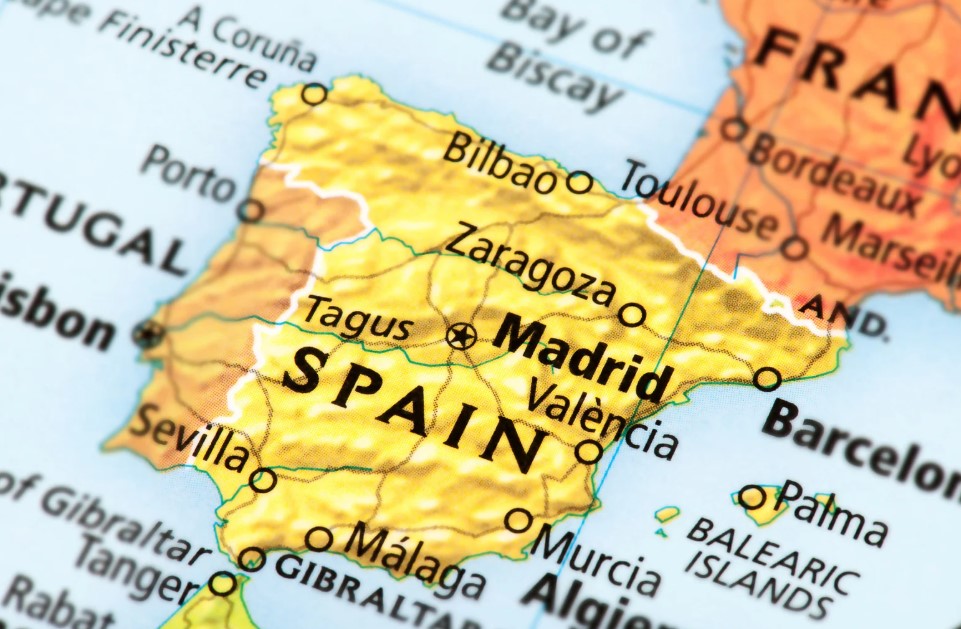In recent years, Spain has solidified its position as a highly attractive destination for wealthy Latin Americans. A growing number of high-net-worth Latin American families are settling in the country, driven primarily by significant political changes in their home countries. They seek, among other things, both physical and economic security for their assets in Spain.
Madrid, in particular, has recently experienced such a significant influx of investment from Latin America that it has come to be known as the “new Miami.” The numbers speak for themselves. For instance, 17% of residents in the affluent Barrio de Salamanca are wealthy Latin Americans, and nearly 15,000 Latin American students attended Madrid universities during the 2022-23 academic year.
Why Is Spain So Attractive to High-Net-Worth Latin Americans?
Spain offers significant opportunities with a business-friendly environment and strong cultural and linguistic ties to Latin America. Additionally, it is an appealing country from a family perspective, thanks to its top-tier public and private universities, pleasant climate and lifestyle, high-quality healthcare, relatively low crime rates, easy access to the rest of Europe, and good connections to Latin American countries.
For all these reasons, Spain is an obvious choice for Latin Americans looking to emigrate. But what has truly triggered the current high levels of wealth migration?
Many high-net-worth Latin American families began considering investment and/or relocation to Spain following the rise of left-wing governments across the continent, which generally created a less favorable fiscal and regulatory climate for the wealthy. Other recent events, such as Mexico’s 2024 judicial reform or the redefinition of private property in Mexico City’s constitution, have also spurred these movements.
Spain’s luxury real estate market has been another key factor drawing the attention of affluent Latin Americans, as these properties offer better value per square meter compared to what they might find elsewhere in Europe or much of the United States.
Recognizing the economic opportunity this trend presents, certain administrations have taken specific measures to foster and accelerate these wealth flows. For example, Isabel Díaz Ayuso, President of the Community of Madrid, announced last year that tuition fees at public universities for Latin American students would be reduced to match those paid by Spanish and European students starting in the 2024-25 academic year.
More importantly for this segment of the population, the recent approval of the so-called “Mbappé Law” in Madrid, which took effect on January 1, 2025, introduces a 20% regional deduction on personal income tax for non-residents who establish tax residency in Madrid and make certain investments as stipulated by the law.
Finally, it is important to note that many will still be able to benefit from the well-known “Beckham Law,” allowing them to be taxed as non-residents during their first years of residence in Spain, offering clear tax advantages. However, eligibility will depend entirely on the professional activities they undertake while in the country.
Will Recent Changes Affect Latin American Wealth Migration?
However, it is not all smooth sailing. It is undeniable that housing prices have risen significantly as more high-net-worth families have moved to or invested in Spain, particularly in major cities. While this reflects the strong interest in the country among foreign buyers, it has also priced many local residents out of the market, generating growing discontent over measures aimed at attracting international investment.
To ease tensions surrounding the impact of wealthy foreigners on Spain’s real estate market, the Socialist government voted in 2024 to eliminate the Golden Visa, which allowed individuals to obtain permanent residency through the purchase of properties valued at €500,000 or more.
Golden Visa applications will only be accepted until April 3, 2025, prompting some foreign investors to rush their purchasing decisions. However, other pathways for non-EU nationals to obtain residency in Spain, such as the non-lucrative residence visa, will remain available.
Additionally, and more controversially, Prime Minister Pedro Sánchez has recently introduced several proposals, including the potential implementation of a 100% tax on property purchases by non-EU residents. The aim is to curb foreign real estate investment and make housing more accessible to Spanish residents.
However, there is significant uncertainty regarding whether these measures will gain the necessary support from key government allies to move forward, which is crucial in a highly fragmented political coalition.
Moreover, it remains to be seen whether such measures (if ultimately approved) could be considered discriminatory and in violation of EU law by relevant authorities, including the European Commission or the Court of Justice of the European Union. This is particularly relevant given recent case law on inheritance and gift taxes and the rental of properties by non-EU residents.
Madrid Will Likely Cement Its Status as the “New Miami”
Ultimately, despite recent developments, Spain and its capital are well-positioned to continue attracting high-net-worth Latin American families.
The strong historical, cultural, and linguistic ties make Spain a natural destination for these individuals to establish their new home. And while there may be some political instability surrounding this issue at present, Latin American wealth migration is almost certain to continue in the coming years.
Opinion piece by Nerea Llona, Tax & Legal Counsel for Spain and Latin America at Utmost Wealth Solutions.



